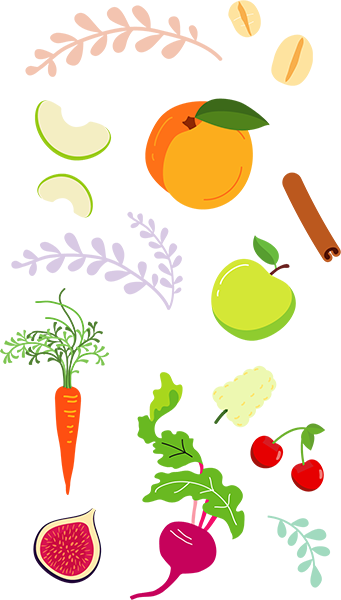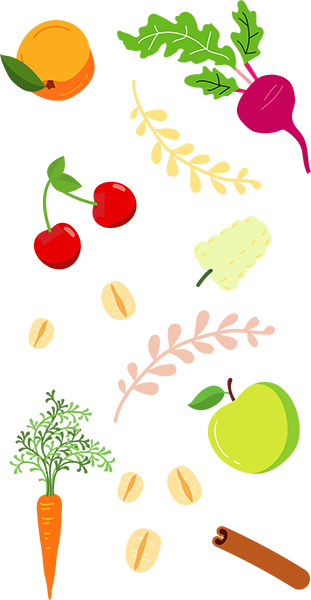I don’t think I just speak for myself when I say that living a very happy long and happy life is something we all aspire too. Certainly, the long and the happy go hand in hand. Being able to enjoy your life to the full is very important so looking after your health is key.
Love
So, what is the secret? Well, because it is February, the month of love l am starting with the L word. This is something that makes us feel good whether we are sending it out or receiving it.
So how important is love to our longevity and happiness?It all starts with a little self-love don’t you think? When we give enough attention in our life to self-love and self-care, our health is prioritised. We do things that are good for us like maintaining a balanced diet or doing regular exercise. This year, a new study published in JAMA Internal Medicine found that those who engage in moderate or vigorous exercise for 150 minutes per week had a lower rate of mortality for all causes. It makes sense. The more oxygen we can move around our cells the more renewal can take place and the more detoxification of waste materials can occur.
Rest and Sleep
Allowing time for relaxation and sleep is also key. In fact, sleep definitely shouldn’t be underrated. The Dalai Lama who recently celebrated his 85th birthday is an advocate of sleep for longevity. He has said in interviews that he wakes up at 3 a.m. and goes to bed at 7 p.m. in order to get a solid eight hours of sleep a night consistently.
But back to love. When we come from a place of love for ourselves our relationships automatically improve with more moments of happiness and connection. When it comes to sharing the love, this takes many forms. Fundamentally it is taking a care and interest in the wellbeing of your fellow humans. Looking out for people and offering them whatever support you are able to give.
Connectedness
This kind of connectedness is something that I believe as a society has been lacking for a long time. Lacking because our world has been sped up with technology making things more efficient but ironically leaving us with less time for one another, resulting in people staring into phones more often than another’s eyes. We forget that we are all in this world together and by helping one another we all progress.
A wonderful example of this support and connectedness is in the book I have been reading recently called Ikigai by Hector Garcia and Francesc Miralles. In it they discuss the secrets of Okinawa in Japan where there are the most centenarians.
Okinawans form close bonds within the local communities. They form what they call Moai’s. These are informal groups of people and their origins lie in hard times of past where farmers would support each other through meagre harvests. They make monthly contributions to the group so that should anyone be short of money they share it with them and in that way help them through difficult times.
And it is not just emotional health but physical health that is supported. Louis Cozolino, a professor of psychology who wrote the book “The Neuroscience of Human Relationships,” discussed that “people who have more social support tend to have better mental health, cardiovascular health, immunological functioning, and cognitive performance.” The article also states that “social relationships help calm our stress-response system” because they lower the stress hormone cortisol, which is known to “wreak havoc on our physical and emotional health.”
Whilst social connection is clearly a key part of longevity the Okinawans have other secrets to share and that word love returns. In Japan most interestingly they don’t have a word for retire, ultimately as they don’t believe in it. They carry on doing what they love until the end. They execute discipline in their daily lives.
Discipline
Discipline is a form of self-love as through discipline you can improve mental and physical health and agility. They show this through the 80% rule that they have adopted when eating which means they eat to 80% fullness. Ancient wisdom advises against eating until we are full. Digestion uses a lot of energy so long digestive processes increase cellular oxidation. Intuitively we all know when we have got the that point. We know if we tuck into that extra portion, we are going to burst. They also have another eating hack which is that they choose to eat their food on lots of little plates rather than one large one. Whilst having lots of plates makes you feel like you are eating a lot, you end up actually eating less.
As we know stress is one of the largest killers in our society. The lifestyle elements that the Okinawans put in place cleverly reduce the usual physical and emotional pressures and provide support.
Nature
For me personally I believe the more time I spend in nature, the longer I will live. Walking barefoot in nature has an anti-inflammatory effect on the body and dispels the effects of the electromagnetic stress that surrounds us on the day-to-day basis. My favourite way to pass time is working in a polytunnel or garden and the very act of sowing seeds connects you to the future. Dan Buettner author of the blue zone’s kitchen that looks at areas of the world where people live the longest talks about the positive effect gardening has “Gardening is the epitome of a Blue Zone activity because it’s sort of a nudge: You plant the seeds and you’re going to be nudged in the next three to four months to water it, weed it, harvest it,”
So, it’s not just living people who help us feel connected it is all the living things which we are able to nurture.
So, share the love this February. In a time of isolation our connectedness is needed more than ever.
X Primrose


